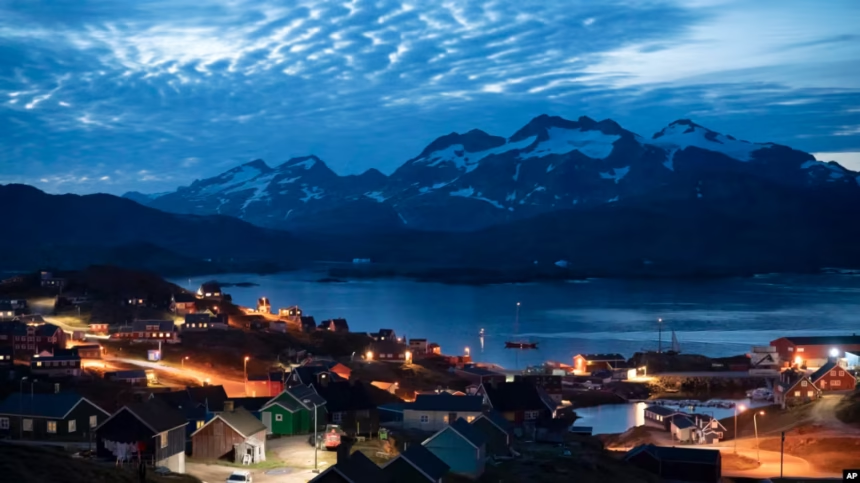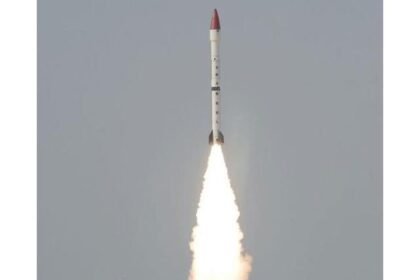News Desk
Greenland, a vast, icy island in the North Atlantic, has long been a place of intrigue for geographers, politicians, and environmental scientists. Covering an area of 836,330 square miles, Greenland is more than twice the size of Pakistan, yet it has a population of just over 56,000 people, most of whom belong to the Inuit community. Despite its enormous size, Greenland’s population is sparsely distributed, and the island remains largely uninhabited due to its extreme climatic conditions. About 80% of Greenland is covered by an ice sheet, making it the second-largest ice mass in the world. This ice sheet is rapidly melting due to the effects of climate change, which could have profound consequences on global sea levels.
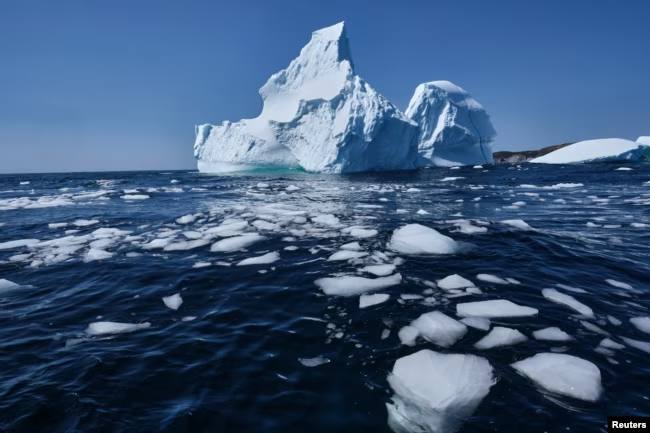
While geographically close to North America, Greenland is politically a self-governing territory of Denmark. Denmark granted Greenland home rule in 1979, although defense and foreign policy remain under Danish control. This unique political status has made Greenland a subject of international interest and debate, particularly when former US President Donald Trump made headlines in 2019 with a controversial proposal to purchase the island. His suggestion raised numerous questions about global diplomacy, territorial sovereignty, and strategic interests.
The idea of purchasing Greenland was not only a shocking statement but also a reflection of the island’s increasing geopolitical significance. Greenland’s strategic location between the Arctic and North Atlantic Oceans, along with its vast natural resources, has made it a focal point for major global powers. The Trump administration saw the island as a potential asset, primarily due to its natural resources, including uranium, oil, and natural gas, as well as its strategic location for military purposes. However, Denmark firmly rejected the proposal, calling it “absurd” and asserting Greenland’s right to self-determination.

The United States’ interest in Greenland has deep historical roots, especially in the context of military strategy. The island’s geographic proximity to North America has made it a valuable location for military installations. Greenland hosts one of the most important US military bases, Thule Air Base, which serves as a critical site for monitoring the Arctic and defending against potential missile threats. The US military’s presence in Greenland highlights the island’s strategic importance in global defense and security concerns.
Greenland’s location is vital in the context of global naval operations. It sits on key shipping routes, and its proximity to the Arctic Ocean makes it a crucial point for monitoring the movement of naval vessels and submarines, particularly Russian submarines in the North Atlantic. Additionally, the Arctic is becoming increasingly important due to melting ice and new shipping lanes opening up, which are expected to alter global trade routes. The US, along with other nations, is keen to maintain a strong military presence in the region to secure these emerging trade routes and defend against any potential threats, particularly from adversaries like Russia and China.
Beyond military and strategic considerations, Greenland’s natural resources have attracted significant international interest. The island is believed to hold substantial deposits of minerals, including uranium, rare earth elements, and fossil fuels such as oil and natural gas. As climate change accelerates the melting of Greenland’s ice sheet, access to these resources is becoming easier, increasing the island’s value on the global stage.
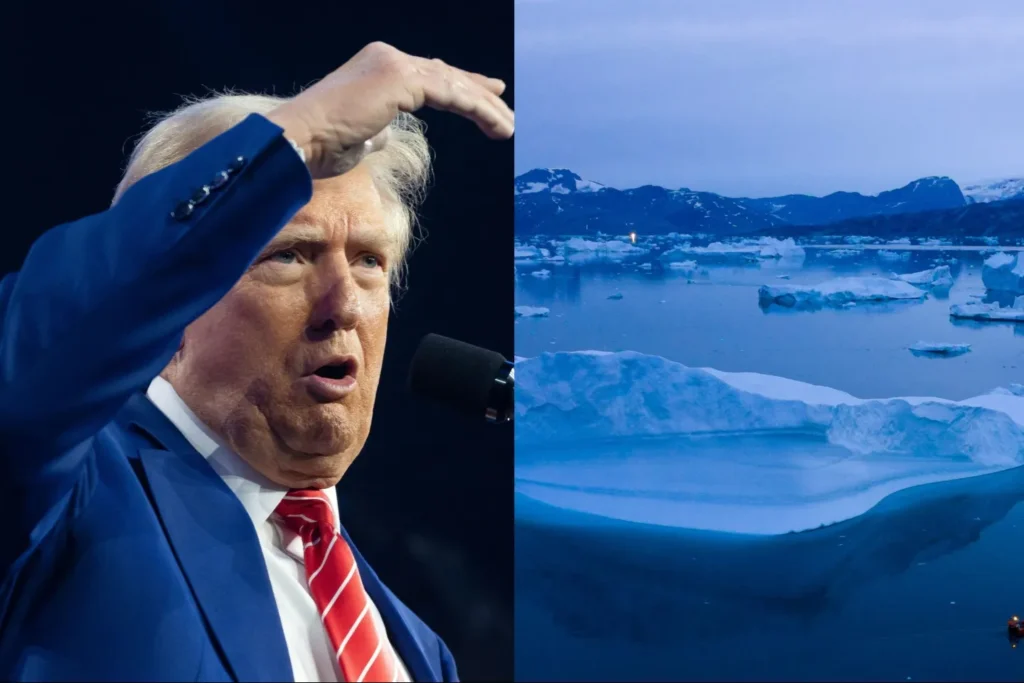
Climate scientists have long highlighted the importance of Greenland’s ice sheet, which holds a vast amount of the world’s freshwater. The melting of this ice sheet is a critical issue for global sea level rise, which could have devastating effects on coastal communities around the world. According to David Holland, a climate scientist at New York University, Greenland is warming at a rate four times faster than the rest of the planet, making it a focal point for climate change studies and international environmental concerns.
Greenland’s rapidly changing climate is opening up new opportunities for mining and construction, which is drawing the attention of countries like China. In recent years, Chinese companies have expressed interest in Greenland’s mining potential, particularly in sectors like rare earths and uranium. China’s involvement in Greenland has raised concerns among Denmark, the European Union, and the United States, as they view China’s influence in the region as a geopolitical threat.
China’s private companies, although operating independently, are often seen as extensions of the Chinese government. This has led to concerns that Chinese investments in Greenland’s infrastructure and mining projects could undermine Western influence in the region. The European Union has explicitly opposed China’s involvement in Greenland’s resource extraction, seeing it as a challenge to European and American interests in the Arctic.
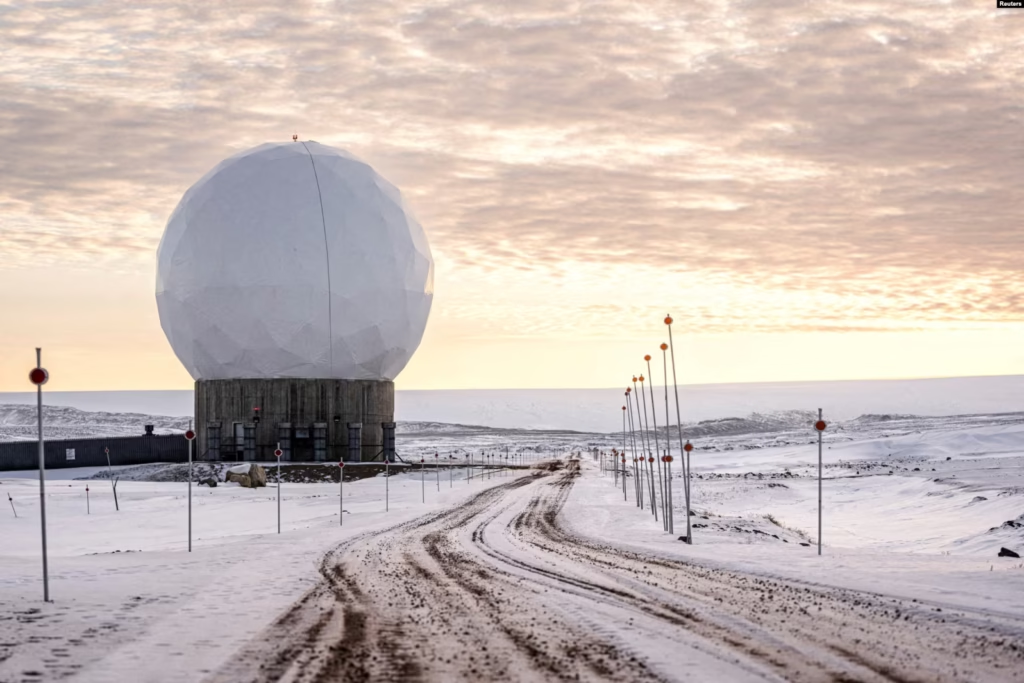
The growing geopolitical interest in Greenland is further complicated by the island’s own political ambitions. Over the years, there has been a growing movement within Greenland for greater autonomy and even full independence from Denmark. In 2009, Greenland gained full self-rule over domestic affairs, including areas like law, judiciary, finance, mining, and border control. However, Denmark still retains control over foreign policy and defense matters.
The desire for full independence is driven by Greenland’s unique cultural and political identity, as well as its vast natural resources. Greenland’s indigenous population, the Inuit, have long sought greater control over their land and resources. As global interest in Greenland grows, so does the island’s desire to assert its independence and make decisions about its future without external influence.
Greenland’s push for full sovereignty is not just a domestic issue; it has significant implications for international relations. If Greenland were to achieve full independence, it would likely seek new partnerships and alliances, potentially changing the balance of power in the Arctic region. The United States, Denmark, and other countries with vested interests in Greenland would need to navigate these changing political dynamics carefully.
The United States’ interest in Greenland is not just about territorial acquisition; it is about securing influence in a region that is rapidly becoming more important due to climate change, shifting trade routes, and geopolitical tensions. Greenland’s natural resources, strategic location, and military importance make it a crucial player in the Arctic region.
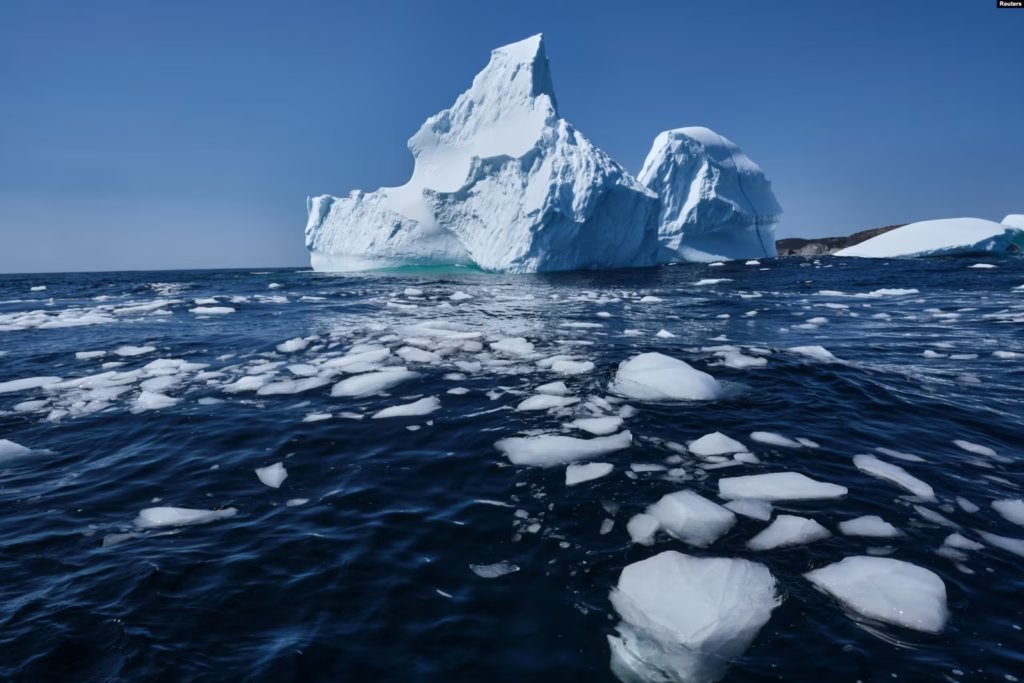
However, Greenland’s importance extends beyond the United States. Other global powers, particularly China and Russia, are increasingly focusing on the Arctic as a key area of geopolitical competition. China has already made moves to strengthen its presence in the region through investments in mining and infrastructure projects. Russia, too, has been ramping up its military presence in the Arctic, seeking to assert its dominance over this important area.
As the Arctic becomes more accessible due to climate change, the competition for resources, trade routes, and military positioning will intensify. Greenland, as a key player in this competition, will likely continue to attract the attention of global powers. The island’s future, including its political status and its ability to assert its sovereignty, will be a central issue in global geopolitics.
The future of Greenland is uncertain, but it is clear that its strategic importance will continue to grow. The melting of the ice sheet is transforming the island from a remote, inhospitable place into a region of immense geopolitical and economic value. As global powers vie for influence in the Arctic, Greenland will remain a key battleground for military, economic, and political control.
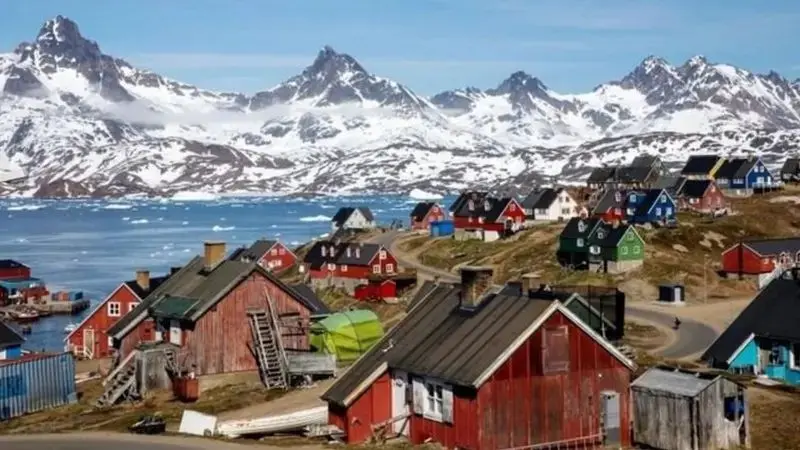
For countries like the United States, Greenland’s natural resources, military significance, and strategic location make it a vital piece in the global geopolitical puzzle. As the Arctic becomes more accessible and important in the coming decades, Greenland will likely see increased foreign interest and investment, further elevating its role on the world stage.
However, Greenland’s desire for self-determination and sovereignty will remain a critical issue. Whether Greenland remains a semi-autonomous territory of Denmark or moves toward full independence will shape its future and its relationships with other nations. The international community will need to navigate this complex issue carefully, balancing geopolitical interests with respect for Greenland’s right to self-governance.
In conclusion, Greenland’s growing geopolitical importance is undeniable. As the island’s ice melts, its natural resources become more accessible, and its strategic location in the Arctic makes it a focal point for global powers. Whether through military, economic, or political means, Greenland’s future will continue to shape international relations, and its role in global geopolitics is set to increase in the coming years.
Source: The COW News

